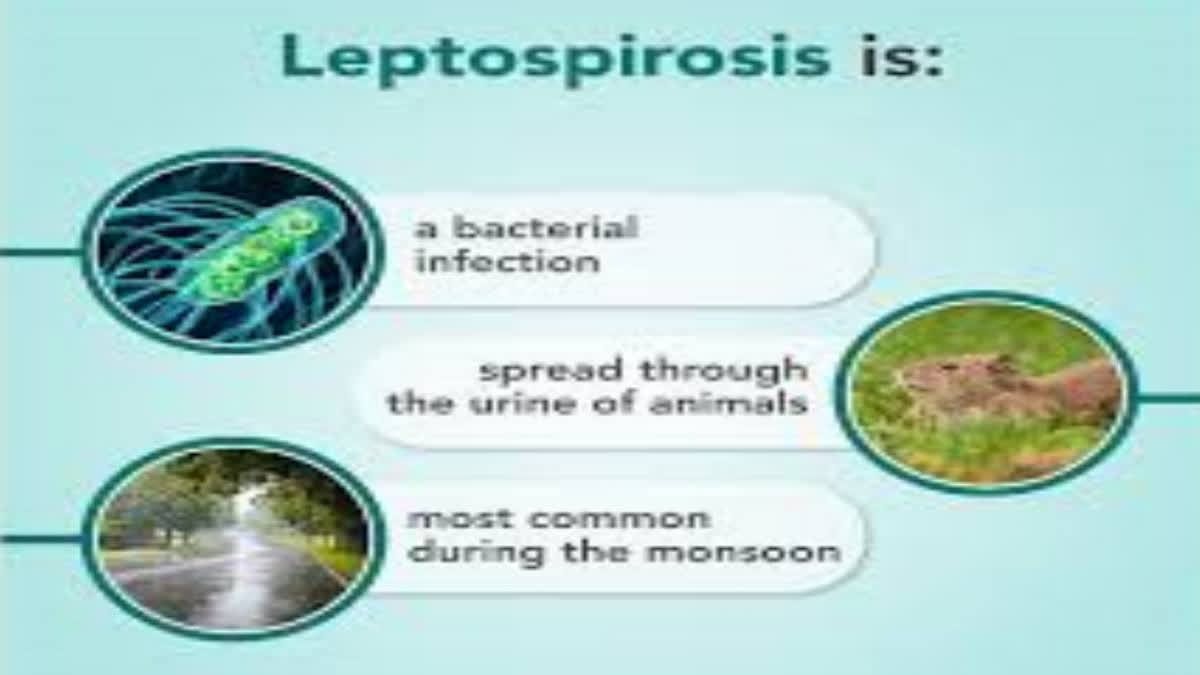New Delhi: Health experts in the country issued cautions over the leptospirosis disease, which became endemic, especially after floods. Leptospirosis is a zoonotic disease that is globally widespread in countries with humid subtropical or tropical climates due to excessive rainfall and flooding, said renowned health expert and chair programme advisory committee of the National Institute of Health and Family Welfare (NIHFW) Dr Suneela Garg to ETV Bharat.
The experts took note of the increasing number of leptospirosis cases in the US. “It is an endemic disease, especially after floods. We need to be careful,” Dr Garg added. In India, leptospirosis is increasingly being reported in states such as Kerala, Gujarat, Tamil Nadu, Madhya Pradesh, Karnataka and the Northeast.
According to the World Health Organisation (WHO), 1.03 million cases of leptospirosis are reported worldwide each year with 58,900 deaths, with the incidence in the tropics being approximately 10 times higher than in temperate regions.
Reason to worry
Renowned health expert and past president of the Asian Society for Emergency Medicine Dr Tamorish Kole said that leptospirosis has become increasingly concerning in India since the 1980s driven by factors such as rapid urbanisation and climate change. Outbreaks are particularly prevalent in southern regions. High-risk population include agricultural workers, veterinarians and meat handlers. Leptospirosis can manifest with non-specific symptoms, but may progress to severe forms involving jaundice, renal dysfunction and pulmonary complications.
Carrier of this disease
Leptospirosis transmission involves carrier animals that harbour the pathogenic bacteria. In India, these carrier animals include rats, pigs, cattle, bandicoots and dogs. Leptospirosis is caused by the bacterium Leptospira interrogans. The bacteria contaminate the water and soil through the urine of the infected animal. Humans coming in contact with contaminated soil or water get infected and the bacteria enter the body through scratches, open wounds, or dry areas.
Symptoms of leptospirosis
The different symptoms of leptospirosis include high fever, headache, chills, muscle aches, vomiting, jaundice, red eyes, abdominal pain, diarrhoea and rash.
Actions needed to prevent leptospirosis
To tackle this public health challenge, the Indian government has initiated the National Programme for Prevention and Control of Leptospirosis (NPPCL). However, to protect oneself from leptospirosis, it is necessary to avoid walking through flooded areas. If necessary, use high gumboots to keep your feet above water. Use raincoats and gloves to shield against exposure to contaminated environments. Thoroughly wash hands after outdoor activities involving soil or potentially contaminated water and objects. Anyone displaying leptospirosis symptoms should promptly contact a healthcare provider.



